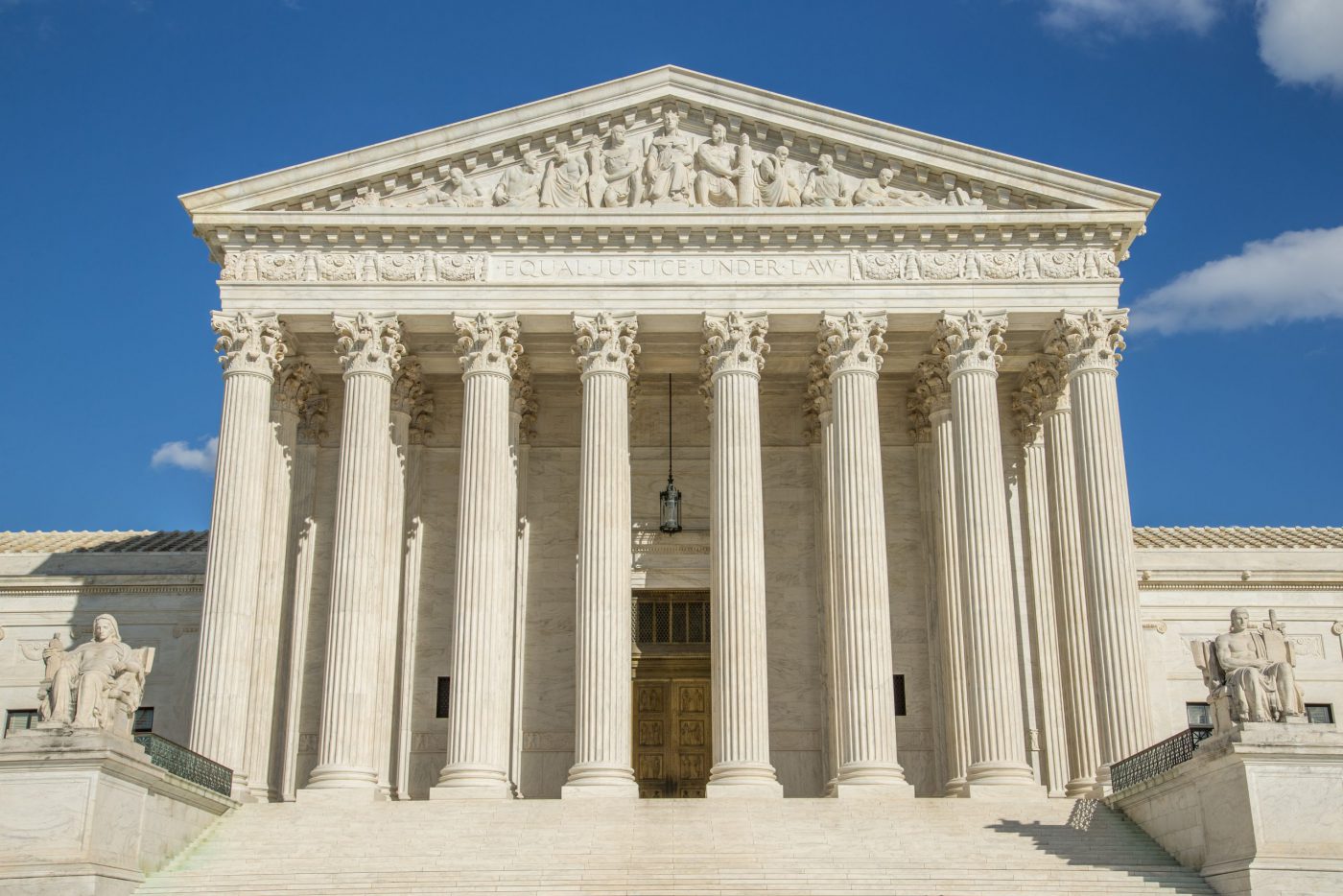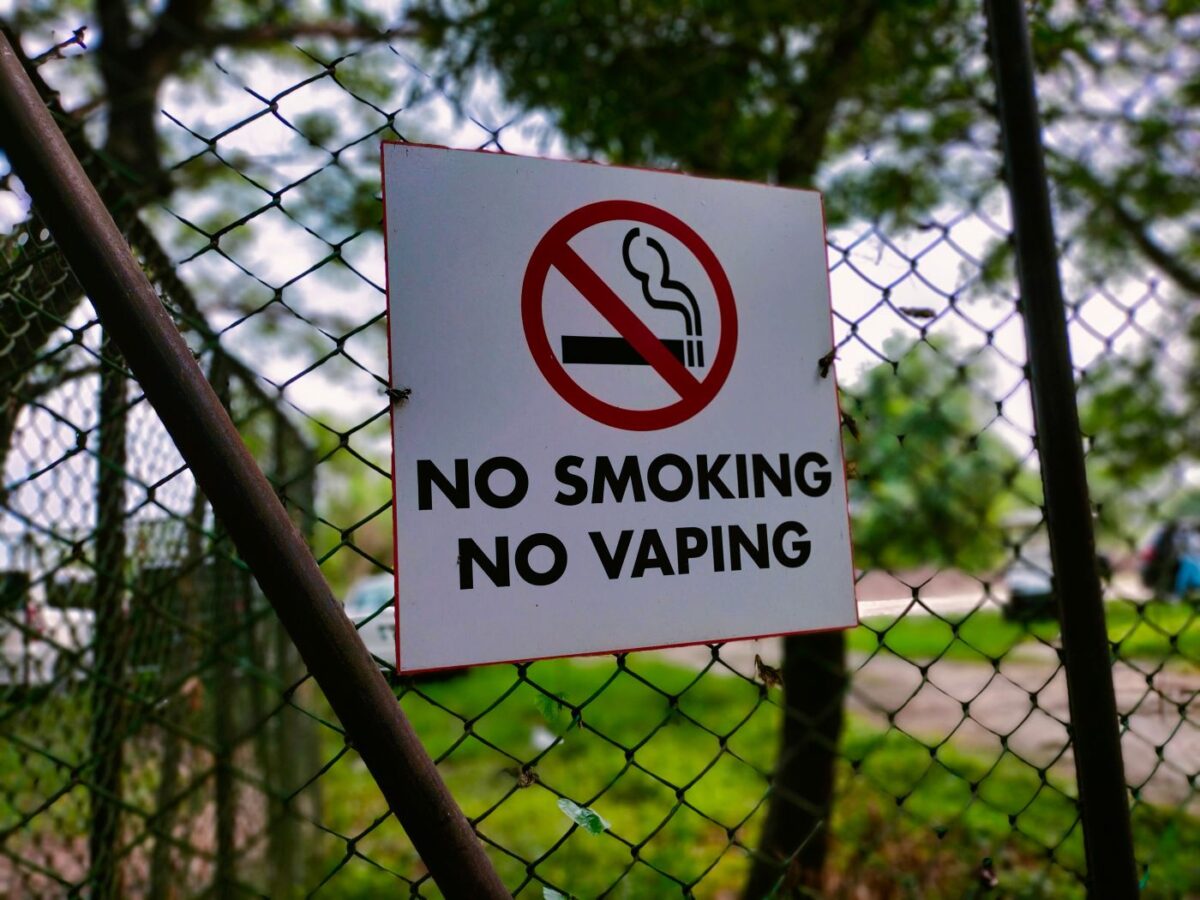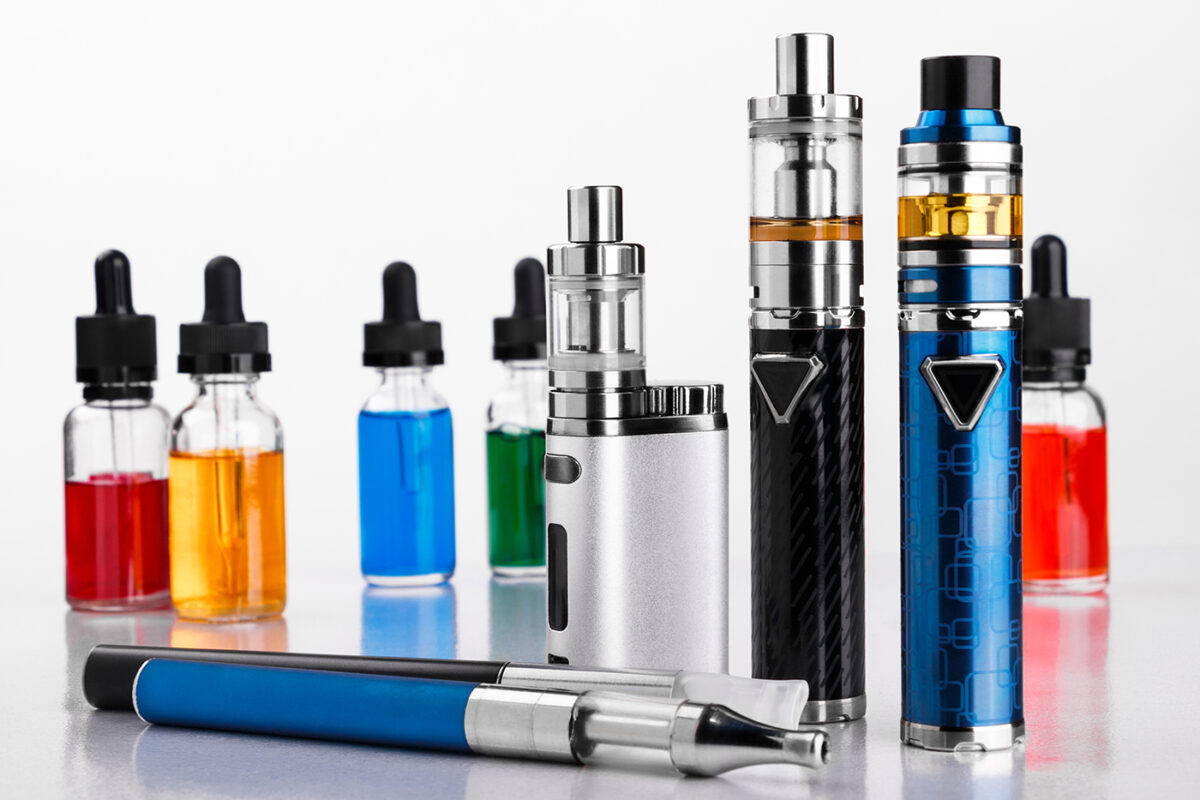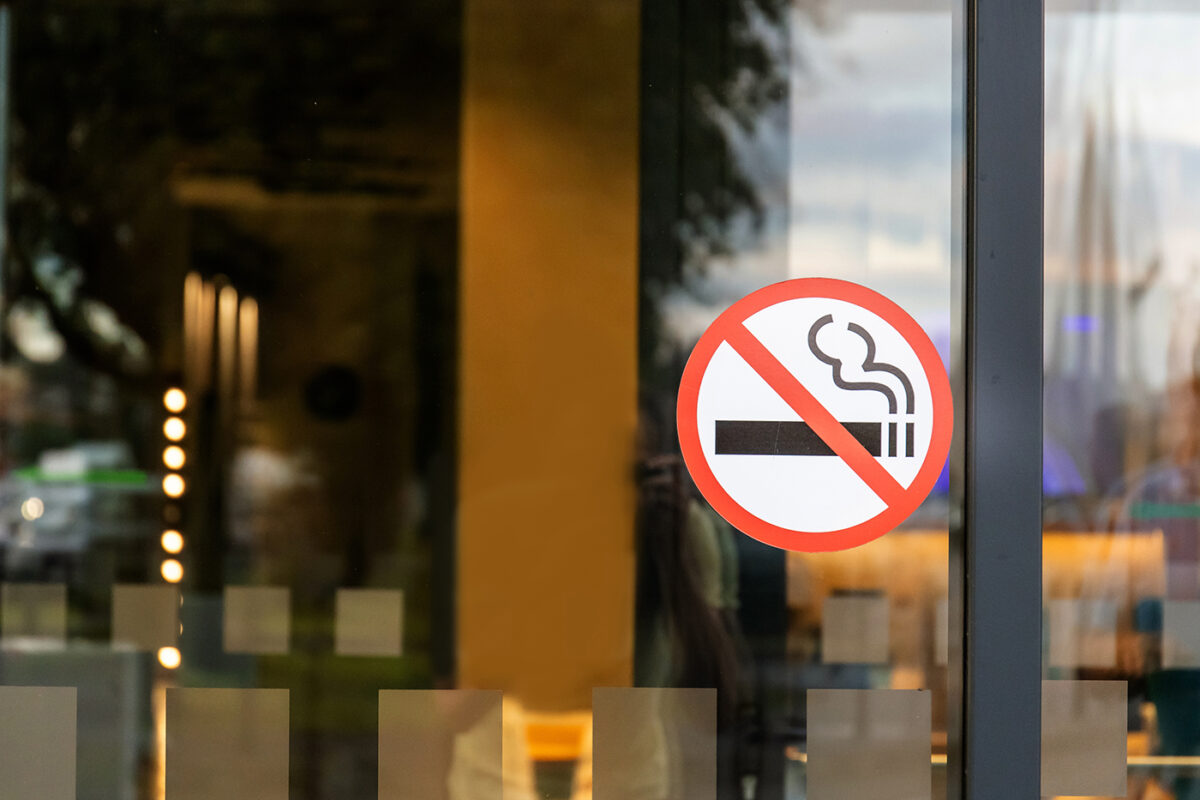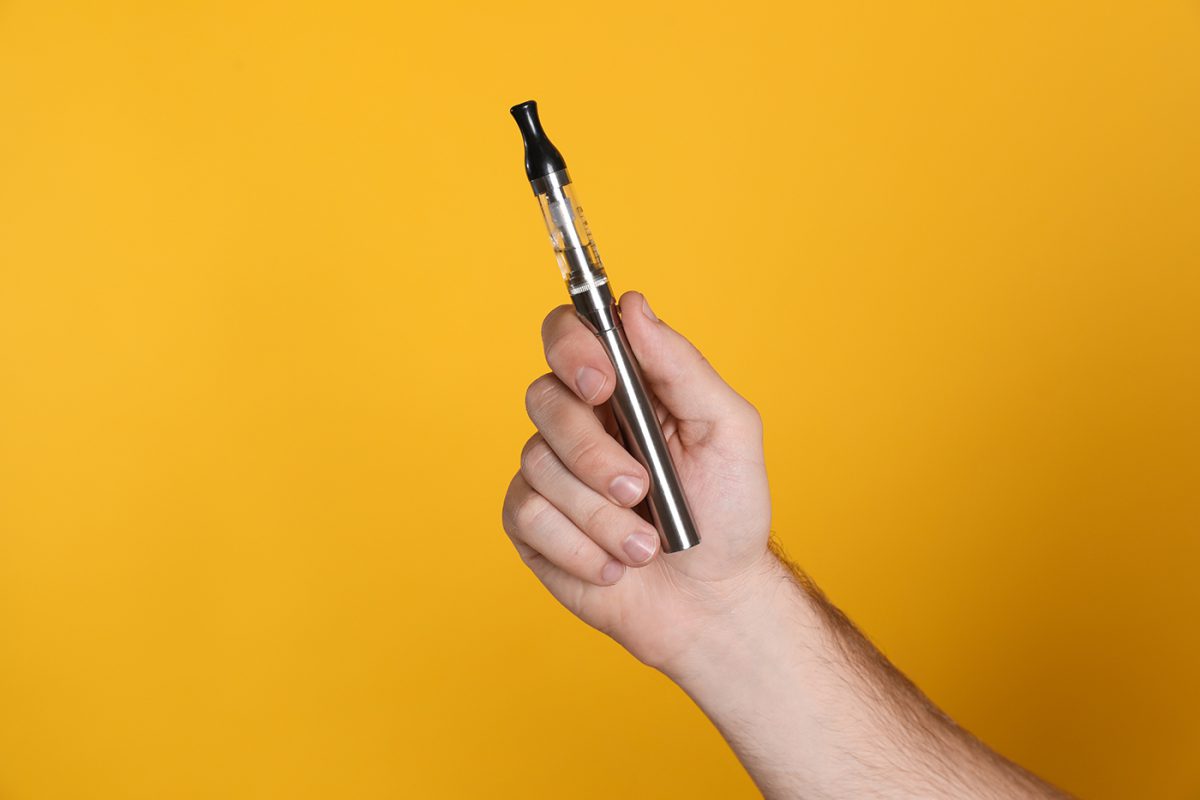While we await a decision by the U.S. Supreme Court on the fate of the Affordable Care Act — a decision that will be released later this month — the court has issued an order sealing the fate of a challenge to the federal government’s authority to regulate vaping products.
In an order list released Monday, June 7, the court refused to hear an appeal by Big Time Vapes Inc. — a Mississippi vape shop and e-liquid manufacturer — and the United States Vaping Association of the dismissal of their challenge to the U.S. Food and Drug Administration’s (FDA) “deeming rule,” which established the agency’s authority over e-cigarettes, cigars, hookahs, and other tobacco products. The plaintiffs invoked the non-delegation doctrine, alleging that the FDA’s regulation of the products was unconstitutional because Congress had not given clear guidance to the FDA in delegating what they claimed were legislative responsibilities.
A federal district court and subsequently the 5th Circuit Court of Appeals rejected the plaintiff’s arguments, and Monday’s order by the court solidifies the FDA’s broad authority to comprehensively regulate the tobacco industry to protect the public — and particularly children — from false or misleading advertising, addiction, and health risks associated with these products.
The Family Smoking Prevention and Tobacco Control Act of 2009 gave the FDA broad authority to regulate tobacco products, and in 2016 the FDA deemed vaping products as meeting the definition of “tobacco products” under the law, thus subjecting them to regulation. Under the Trump administration, the FDA was aggressive on this front in its efforts to tackle the epidemic of youth vaping, including a ban on flavored e-cigarettes. The Biden administration urged the court to reject the appeal by the vaping industry plaintiffs and uphold the broad authority of the FDA to regulate vaping products. In April, the Biden administration issued a proposed regulatory ban on menthol cigarettes and flavored cigar products, which were left out of a previous ban on flavored cigarettes (e.g., cherry, clove, chocolate) in 2009 under the Obama administration.
States including Arkansas have taken action to protect youth from vaping products. Arkansas legislation in 2019 increased the minimum purchasing age for vaping products from 18 to 21, just prior to federal legislation that increased the minimum purchasing age to 21 and became effective in January 2020.
Additional steps that states could take to curb youth use of vaping products include:
- Levying an excise tax on e-cigarettes that is no less than the tax on tobacco products and is based on nicotine amounts.
- Banning all flavored vaping liquids — including those used in tank-based delivery devices — especially sweet, fruity, or candy-themed flavors.
- Extending the Arkansas Clean Indoor Act, which prohibits smoking in most workplaces and public spaces, to e-cigarettes.
- Increasing enforcement efforts to ensure retailers are complying with the new age restrictions for tobacco and e-cigarette product purchases.
- Prohibiting e-cigarette advertising that targets youth.
For more information about this evolving issue that continues to impact Arkansans, visit our Vaping Updates and Insights page.



